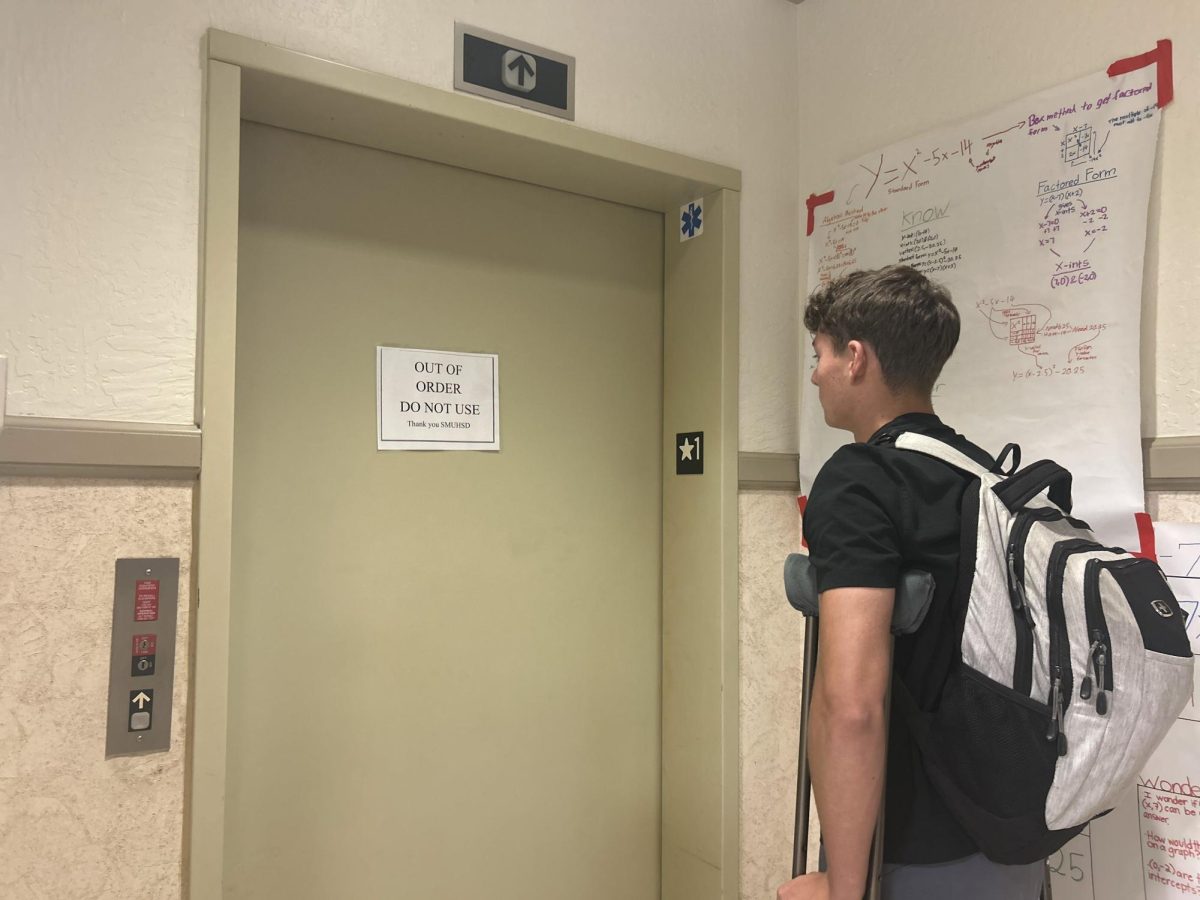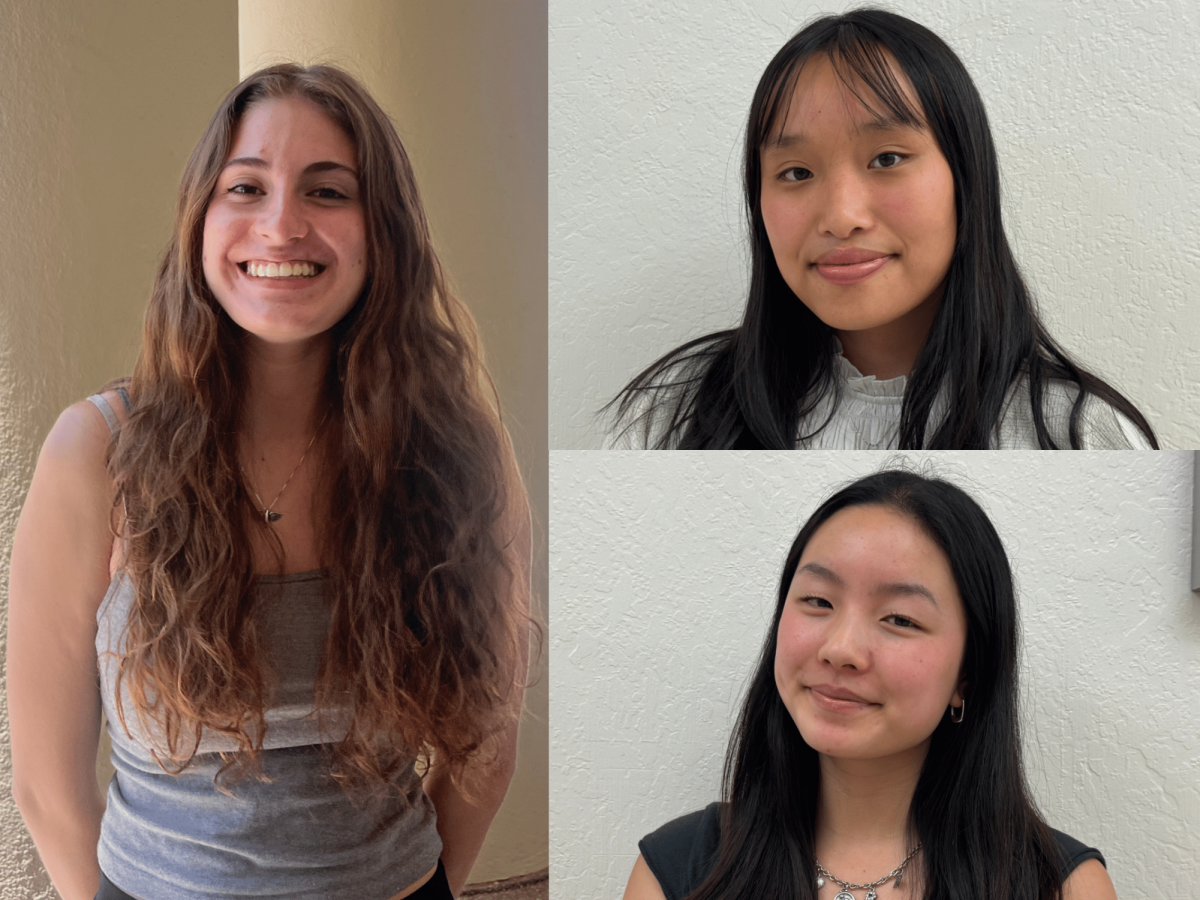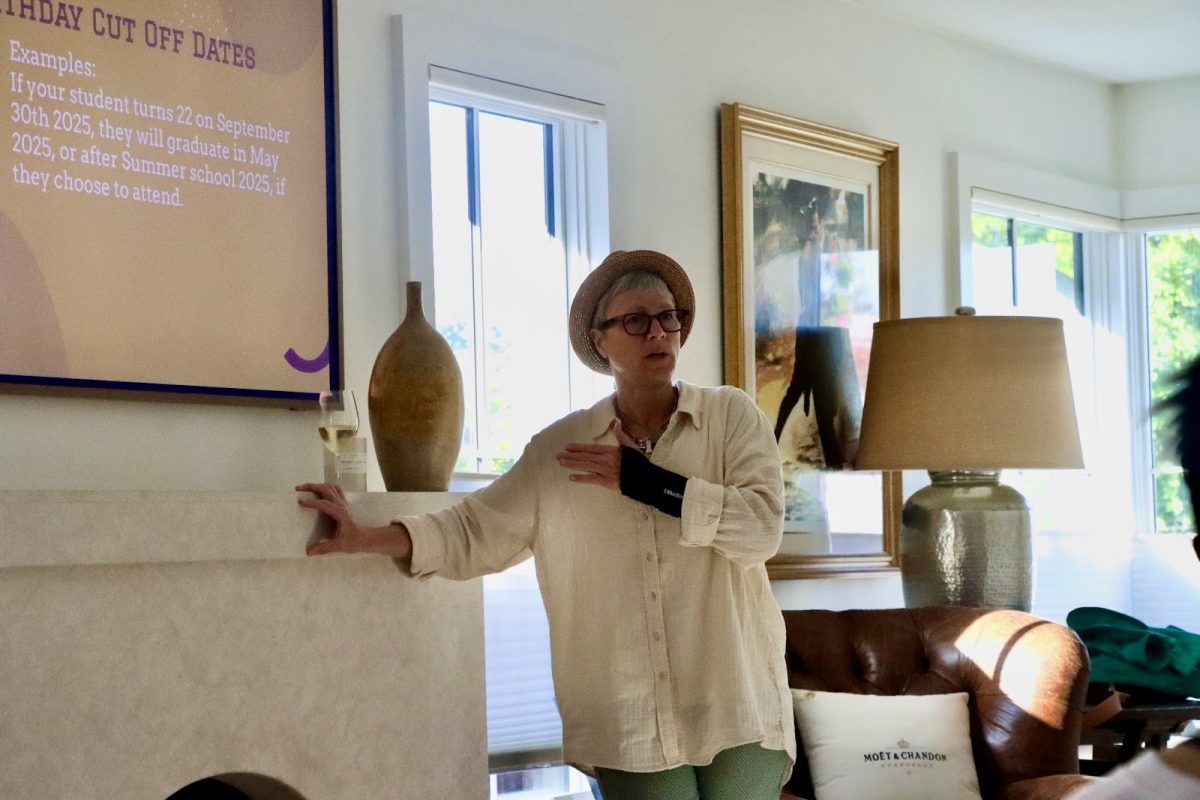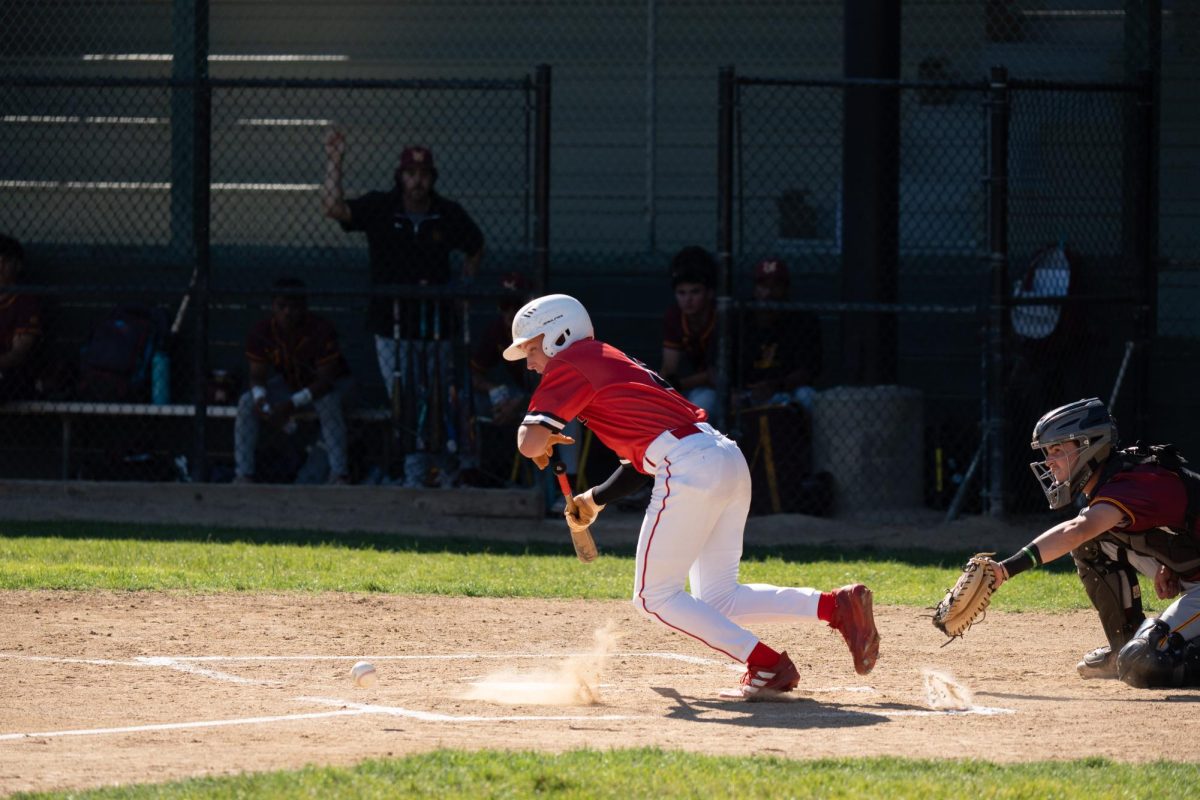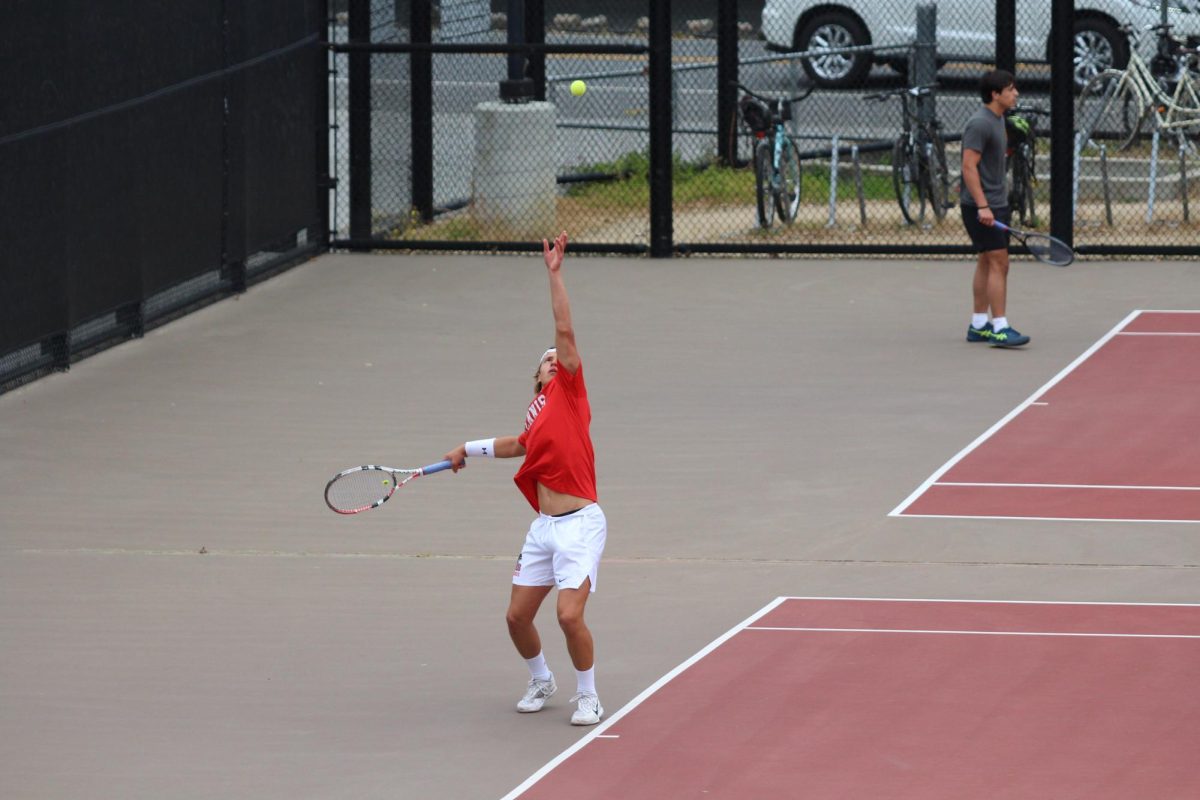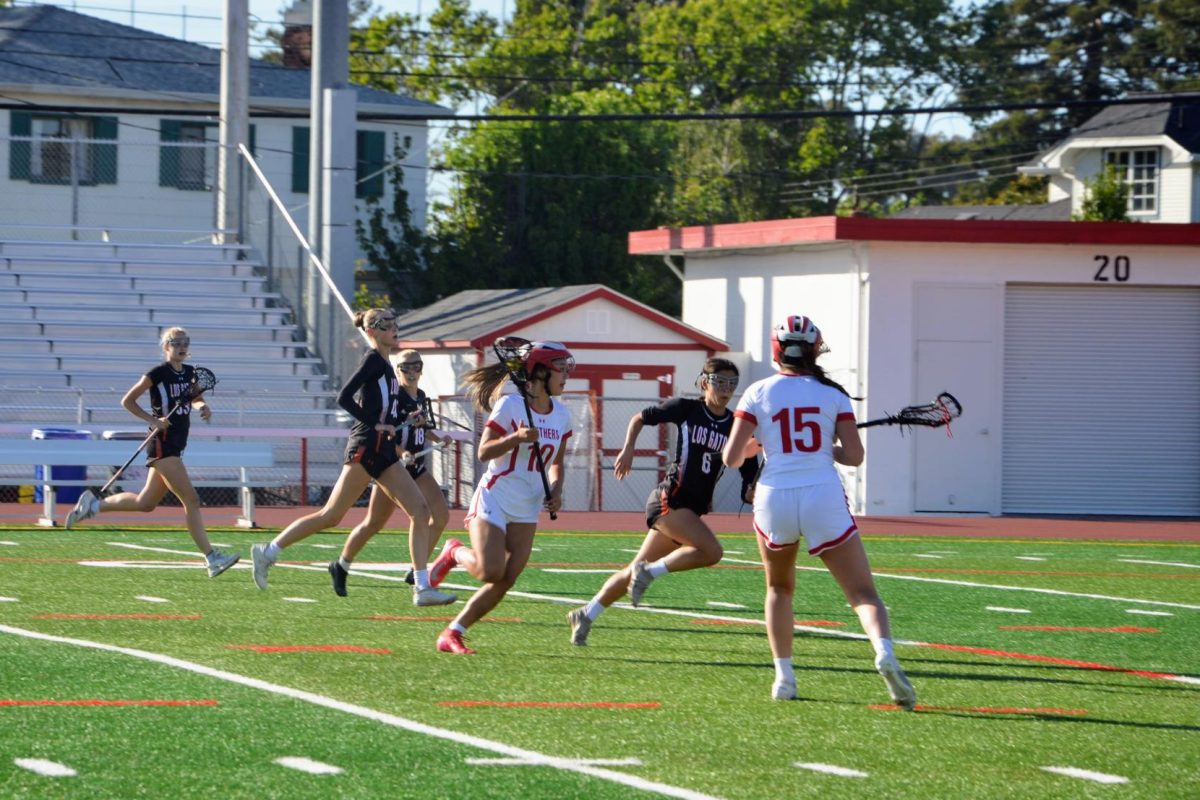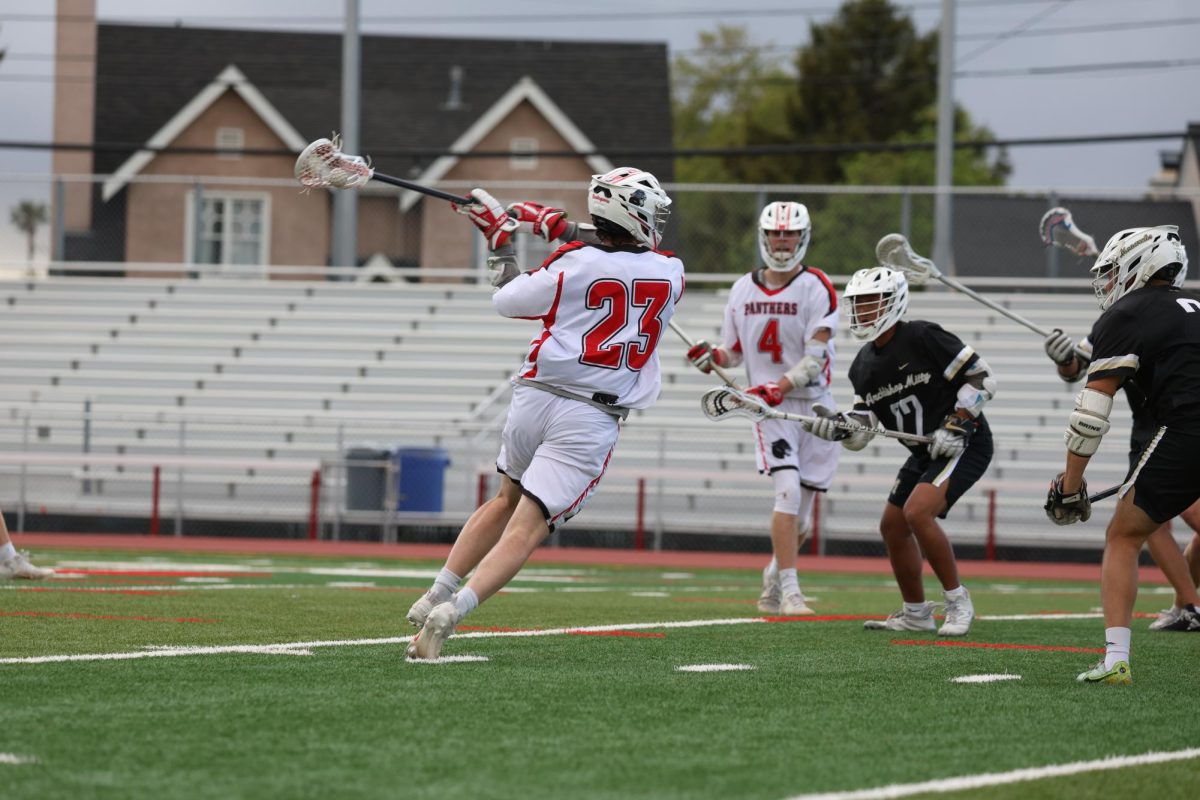Peninsula High School mandatory for students behind in credits
September 26, 2017
Peninsula High School’s campus, meters away from cell phone towers, saw their enrollment fall during alternative school status
Peninsula Alternative High School is ditching the “alternative” component of its name due to a new policy mandating that all students falling behind in credits in San Mateo High School District schools attend the continuation school. PHS’s new status contrasts their former alternative school status, in which students were able to choose whether to attend the school, even if they were determined to be at high risk for completing an inadequate number of credits for graduation.
The continuation school status will begin with warning letters sent to juniors with 100 or fewer credits and seniors with 160 or fewer credits. If these students don’t show academic improvement with the help of their counselors within six weeks, placement at PHS is mandatory. Once a student catches up on credits and improves their attendance and behavior, they may return to their original campus.
“Our plan is to save more students,” PHS principal Ronald Campana said of the new policy. Despite some negative feedback involving the rhetoric of the continuation status, Campana said, “It provides more flexibility and opportunities to serve students creating programs to meet their needs for graduation.”
PHS had been a continuation school before. In 2009, it began its transition into the alternative school status after an audit by San Mateo Union High School District on PHS’s transcript exceptions drew criticism to the credit-earning structure. Since then, PHS has added two more periods to its daily class schedules, instituted an on-site credit recovery program called “OSCR,” and implemented career technical education programs for food services and hospitality. However, enrollment dwindled.
“With the [alternative school] policy, there was a lack of motivation,” AP Government teacher Matthew McDermott said. “When kids could makeup credits at their [original] schools, it hurt enrollment.”
McDermott, who taught at PHS for nine years, agrees with Campana’s reasoning that the policy provides flexibility for new students. When faced with the option of staying at one’s original school or traveling up a colossal hill to an unfamiliar campus, students often chose the former option. PHS’s continuation status is hoped to increase enrollment while maintaining the progress made with the CTE programs in recent years.



